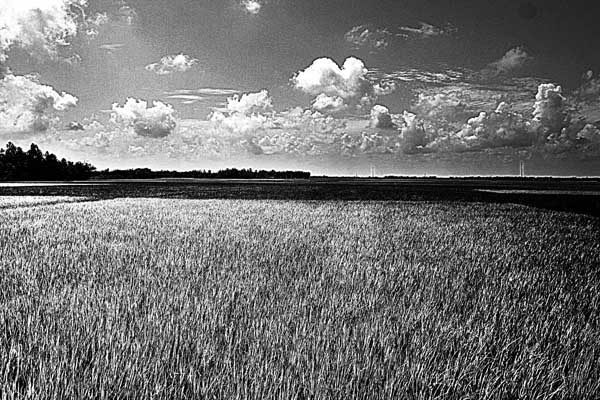![]()
Thirty five year ago, even longer perhaps, just a camera in hand, they had gone out to bring back a fragment of living history. Today, those photographs join them in protest. Peering through the crisp pages of the newly printed history books, they remind us, “No, that wasn’t the way it was. I know. I bear witness.”
The black and white 120 negatives, carefully wrapped in flimsy polythene, stashed away in a damp gamcha, have almost faded. The emulsion eaten away by fungus, scratched a hundred times in their tortuous journey, yellowed with age, they bear little resemblance to the shiny negatives in the modern archives of big name agencies. They too are war weary, bloodied in battle.
So many have sweet talked these negatives away. The government, the intellectuals, the publishers, so many. Some never came back. No one offered a sheet of black and white paper in return. Few gave credits. The ones who risked their lives to preserve the memories of our language movement, have never been remembered in the awards given that day.
35 years ago, they fought for freedom. They didn’t all carry guns, some made bread, some gave shelter, some took photographs.
(c) Abdul Hamid Raihan
Abdul Hamid Raihan is one such photographer. A.S.M. Rezaur Rahman came upon him through a small interview on television. Unlike many other photographers, Raihan had preserved his negatives. And unlike many researchers, Reza had doggedly pursued. The exhibition, “1971, as I saw it” is not a record of momentous events, but a rare glimpse of what everyday people might have witnessed under occupation and through victory. press-release-english-bangla.doc
——
Autograph ABP presents: The John La Rose Talk Series
Documentary Photography & Social Change: Mark Sealy in conversation with Lyndall Stein and Shahidul Alam at Amnesty International UK
Amnesty International UK
The Human Rights Action Centre
17 – 25 New Inn Yard
London EC2A 3EA
6.30pm – 8.00pm 29th March 2007, Phone +44(0)20 7033 1500, Nearest Tube: Old Street, Moorgate & Liverpool Street
In an age where our daily lives have been saturated by images of globalization there has been a revolt by NGOs and arts organisations who are beginning to forge links and alliances to explore new ways of using visual culture to discuss issues that address a human rights agenda in the 21st century. It is in this context that Mark Sealy the Director of Autograph ABP will explore a conversation that looks specifically at the role photography has played in helping to bring global human rights issues to a wider constituency.
A student screams out to friends from a police van at Jagannath Hall, Dhaka University, after a police raid. 31 January 1996. (c) Shahidul Alam/Drik
—-
Meanwhile Bangladeshi photographers shine at the 3rd China International Press Photo (CHIPP) Contest held in Shanghai from March 21 to 25, 2007


Former Pathshala student Munem Wasif, now working with www.driknews.com wins the bronze prize in the Daily Life category with a powerful piece showing modern forms of slavery, through his story on the workers in the tea gardens of Bangladesh.
Former student of Pathshala and University of Bolton and currently tutor of Pathshala – Andrew Biraj – wins the bronze prize in the Topical News category with his timely piece about the attempts by multinational companies to take over land of indigenous communities,



while photographer Shafiqul Islam wins an honourable mention in the same category for his piece on police brutality against women. Biraj and Shafiq are both contributing photographers of DrikNews.

Meanwhile on it’s independence day, Bangladesh moves towards the final eight in the ICC World Cup! However, while we celebrate these wins and the recent arrests of godfathers and the ongoing cleaning up operations, the new laws curbing public freedom continues to worry. The death of Garo activist Cholesh Ritchil (http://www.drishtipat.org/blog/2007/03/19/urgent-modhupur-eco-park-activist-killed-2/) in the hands of ‘Joint Forces’ makes us fearful of the consequences of absolute power.




Leave a Reply
You must be logged in to post a comment.